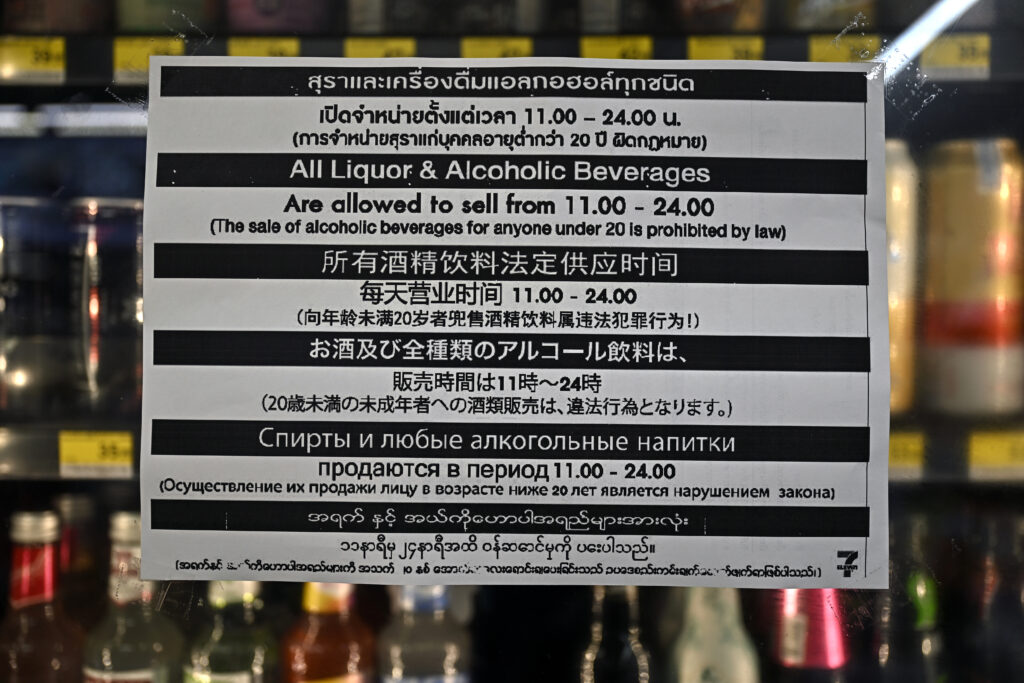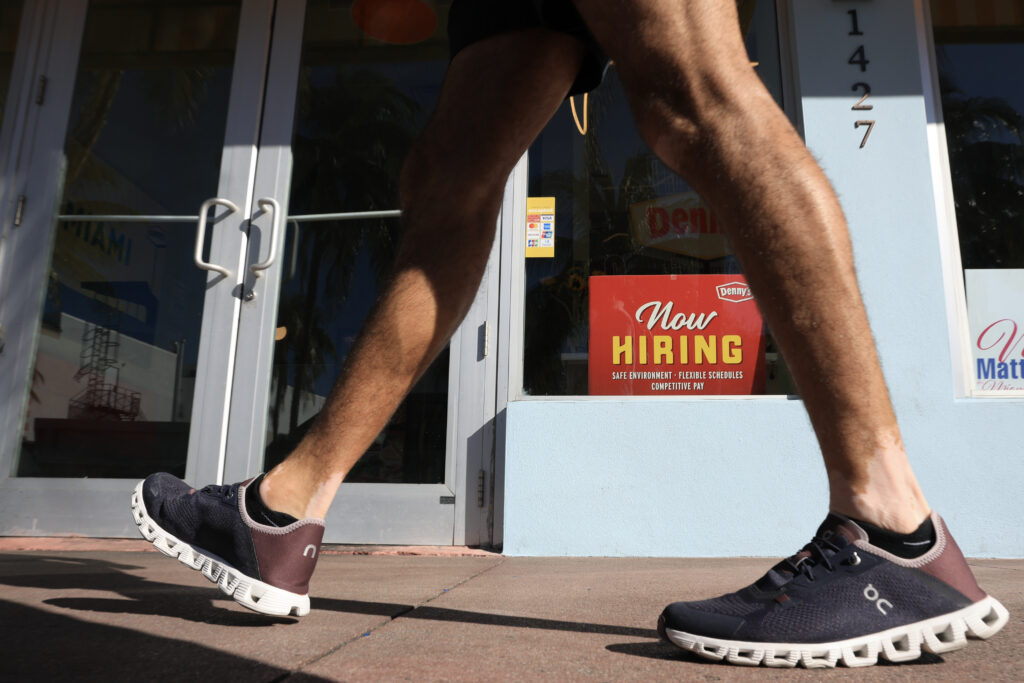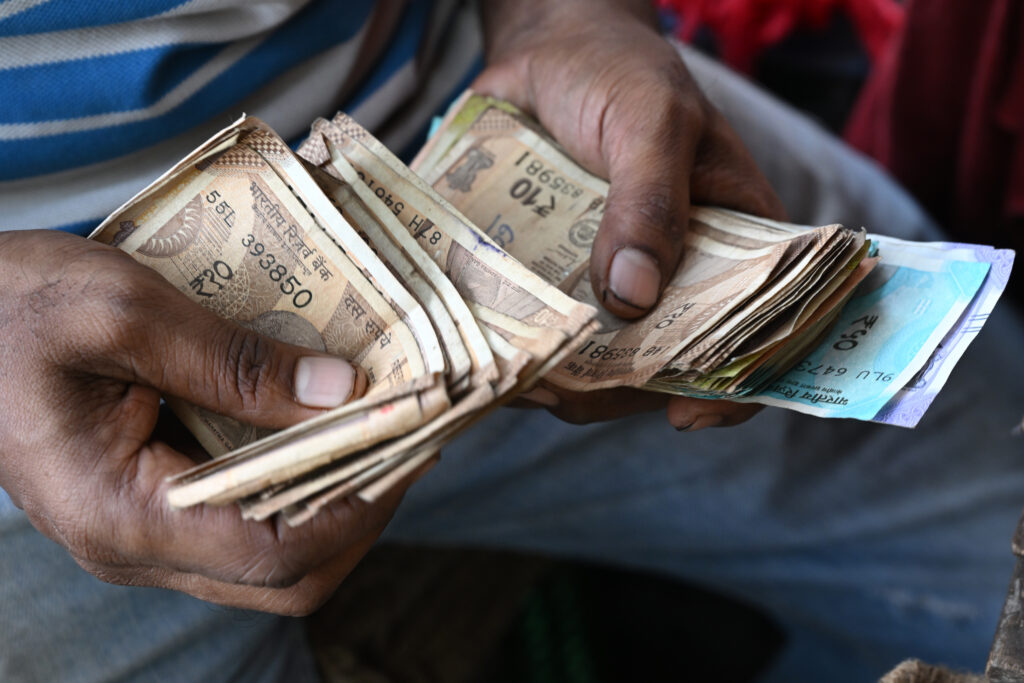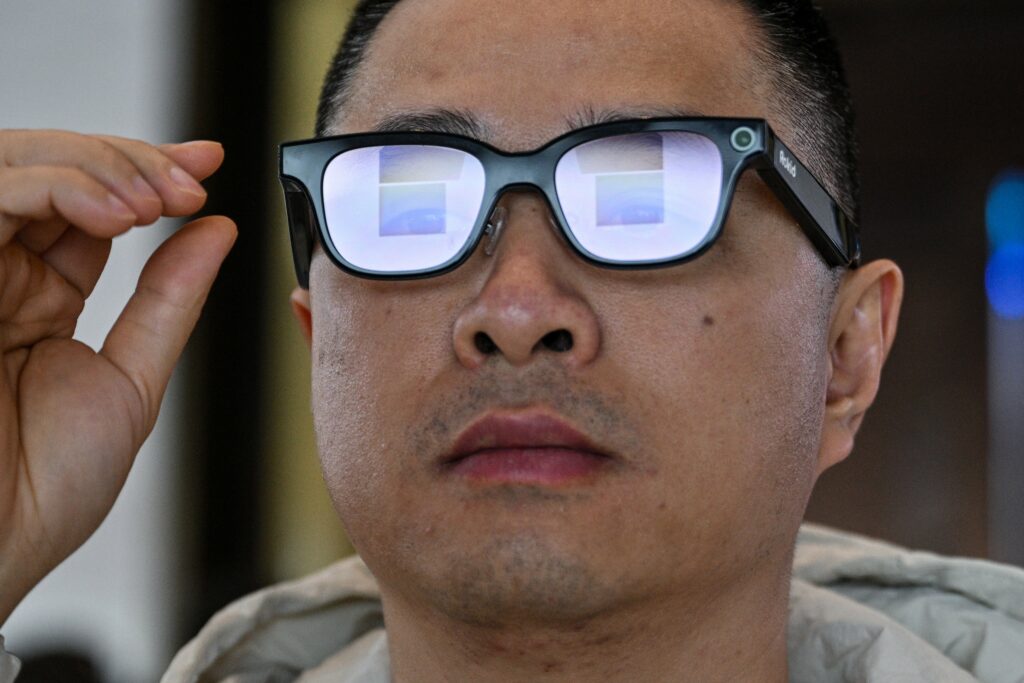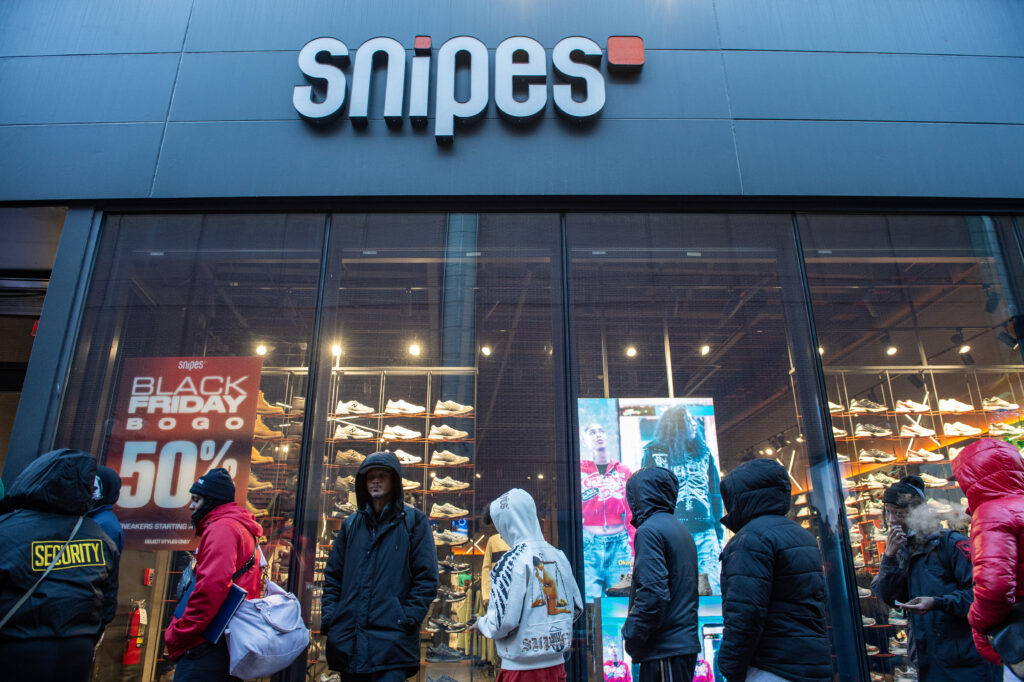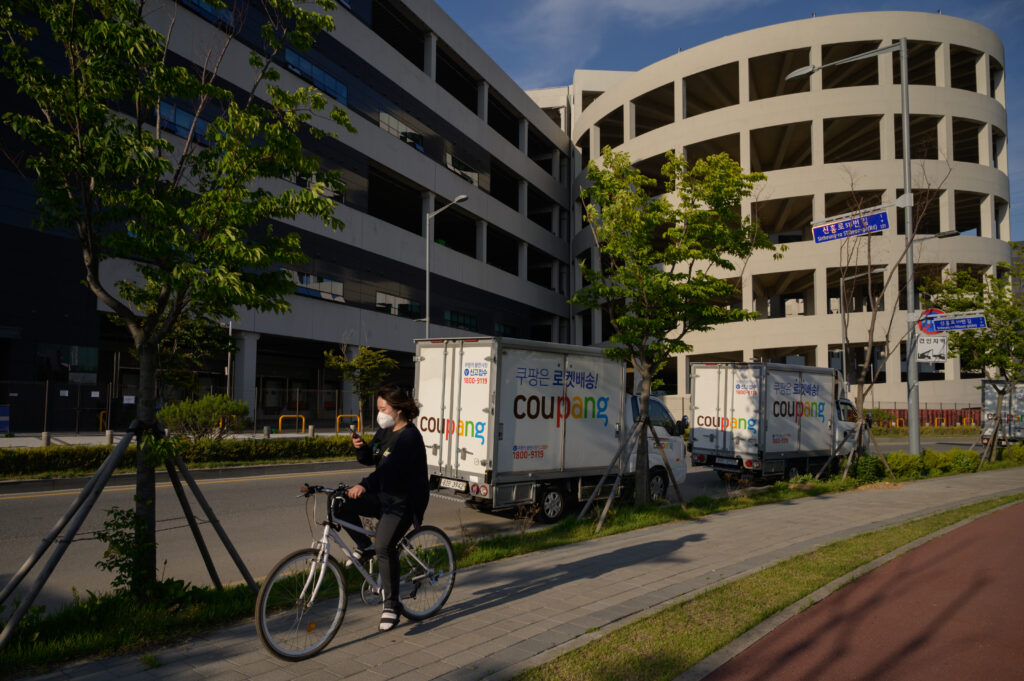Thailand lifts ban on afternoon alcohol sales
Thailand on Wednesday relaxed decades-old alcohol sales restrictions, allowing consumers to buy wine, beer and spirits during previously prohibited afternoon hours in a six-month trial.The predominantly Buddhist country still maintains strict alcohol laws, limiting sales to specific hours and banning them on religious holidays.Liquor stores, bars and other purveyors were previously banned from selling alcohol from 2:00-5:00 pm, but the eased rules permit sales from 11:00 am to midnight during the trial while a committee studies its impacts.Officials last month reviewed the long-standing 2:00-5:00 pm sales ban, a rule originally introduced to prevent government employees from drinking alcohol during work hours and often puzzling foreign visitors.”In the past, there were concerns that government employees would sneak out to drink, but it’s a different time now,” deputy prime minister Sophon Saram told reporters last month. Health Minister Pattana Promphat said the move was “appropriate to the present situation”, according to a statement in the Royal Gazette published on Tuesday.Despite its reputation as a tourism and nightlife hub, Thailand’s alcohol laws remained rooted in Buddhist teachings that view imbibing as a moral transgression. The country has some of the highest alcohol consumption rates in Asia, according to the World Health Organization (WHO), with locals typically reaching for the ubiquitous Chang, Singha and Leo beers.Thailand ranked 16th out of nearly 200 countries for the most road traffic deaths per capita in 2021, WHO data shows.Nearly 33,000 people were killed in drunk driving incidents in the country from 2019 to 2023, according to public health ministry figures.- ‘Good for tourists’ -In central Bangkok on Wednesday afternoon, several businesses told AFP journalists they had yet to notice a shift on the first day of the relaxed sales rules. “There haven’t been many people because customers still don’t know about the new law,” said a shop assistant at Gourmet Wine Cellar who declined to give their name.Shoppers at a 7-Eleven opted for soda over alcoholic beverages, despite signs posted on refrigerator doors noting the extended sales hours.At a nearly empty beer garden where a few customers were ordering pints, a server told AFP that she had heard of the rule change on TikTok.But, she said, “There’s almost no change because we usually don’t get any customers during this time.”Apple, a Thai marathon-runner, told AFP the loosened restrictions were “good for tourists”.”Tourists like to drink a lot. But for Thai people, maybe not, as we don’t normally drink at that time anyway,” she said.Matthew, a 23-year-old British traveller, said he hadn’t heard about the long-time sales ban or it being lifted.”Sounds like it would be terrible for the economy. So many tourists come here. Why would they do that? Religious reasons?”
